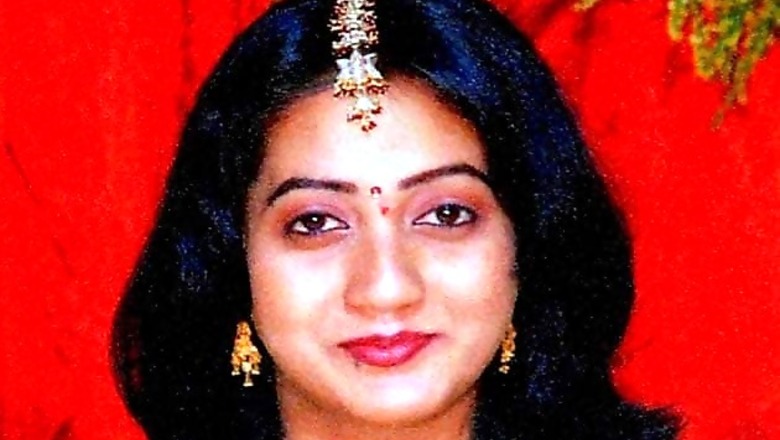
views
London: Indian dentist Savita Halappanavar's husband on Friday said he is hopeful of a fair verdict in the inquest into his wife's death following a miscarriage in 2012. "I am still optimistic. The question that has always been in my mind is why Savita died. It has been very tough. Today was actually our wedding anniversary so it's even more hard. Hopefully there will be bright days ahead and something good will come," Praveen Halappanavar told reporters outside Galway Courthouse in Ireland, where the jury retired to consider its verdict at the end of a seven-day hearing.
Coroner Ciaran MacLoughlin summarised the evidence and listed nine possible recommendations in the death of 31-year-old Savita, which the jury is free to accept or reject. Dr McLoughlin said medical doctors who act in good faith but are found to have breached Medical Council guidelines on termination can be subjected to criminal sanctions and face "a path of ignominy and shame", the 'Irish Times' reported.
The coroner also told the jury they could return a narrative verdict, which is a finding of the facts of the case. Alternatively, it could consider a verdict of medical misadventure which had no inference of civil liability in the case.
This was permissible if the jury found there had been systemic failures of deficiencies in Ms Halappanavar's medical management. He pointed to a number of references to systems failure in the evidence, including the failure to chart observations of vital signs every four hours, a failure to pass on information about an elevated white cell count, an "inordinate delay" in reporting back on blood samples and issues relating to note-taking.
Savita was 17 weeks pregnant when admitted to University Hospital Galway on October 21 last year with an inevitable miscarriage. The Indian dentist died a week later in intensive care from multi-organ failure from septic shock and E coli, four days after she delivered a dead foetus.
During the hearing this week, leading obstetrician Peter Boylan had claimed she would probably still be alive if the law in Ireland allowed an abortion as she miscarried before there was a real risk to her life, by which time it was too late to save her. The case has brought the complex anti-abortion laws into focus yet again in Ireland, where the government has since committed to legislate to allow abortion if there is a real and substantial risk to a woman's life by July.


















Comments
0 comment